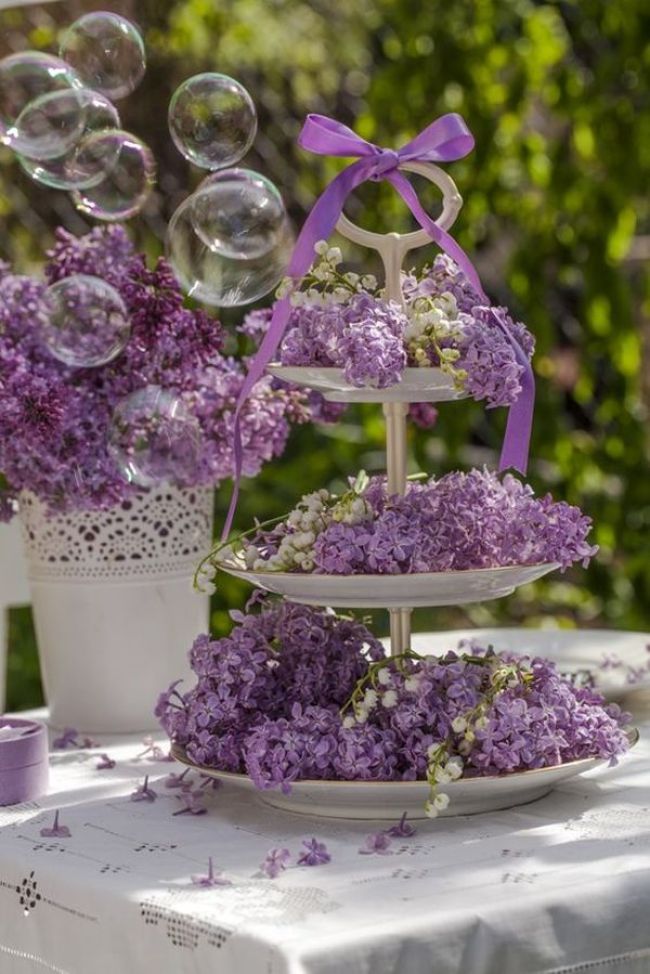Garden lilac, a spectacular and easy to care decorative tree for your garden
A very beautiful decorative tree is the garden lilac. It is part of the category of ornamental trees without too many claims regarding the care. Like any decorative plant reaches maturity in a few years, but it is worth the wait because when it spreads a spread around it or a fragrance that we can not confuse.
Zinnia – the most colorfur flowers for your garden
The stem of this decorative tree is thin, often multiple, has a rich crown and the flowers look like clusters. It is a tree often found in people’s yards, because it looks spectacular when it blooms.
If the spring is mild and with high temperatures the garden blossom blooms in March, but may bloom later, April-May, if the winter has been long.
The lilac produces white or purple flowers. There are also trees with pink flowers, but rarely. Personally I have never seen such a shade in such decorative shrubs, but we can only imagine that they are of a special beauty.
Cosmetic bathing is done according to the preferences of everyone to let it grow in the form of a bush, which means a more frequent trimming. If we want it to become a medium-sized shrub, pruning is rarely done.
Honeysuckle a fragrant garden plant – care tips and garden decorating
With regard to cosmetics, we must also tell you that the cuts are done in the fall, before the leaves fall, the ultimate goal being to enrich their crown and stimulate their growth in the number of flower bunches. It cuts the broken branches, but also those that have grown chaotic or the shoots that exceed a height above average. Pruning can also be done in the spring, but only before you move.
The garden lilac can withstand quite a lot during periods of drought in summer and this because it knows how to save its resources.





































3 comments
[…] Garden lilac, a spectacular and easy to care decorative tree for your garden […]
[…] Garden lilac, a spectacular and easy to care decorative tree for your garden […]
[…] simply called Lagerströmie or crepe myrtle. There is no relationship here with the conventional lilac, although the flower panicles look quite similar because of their lushness. This Mediterranean […]
Comments are closed.